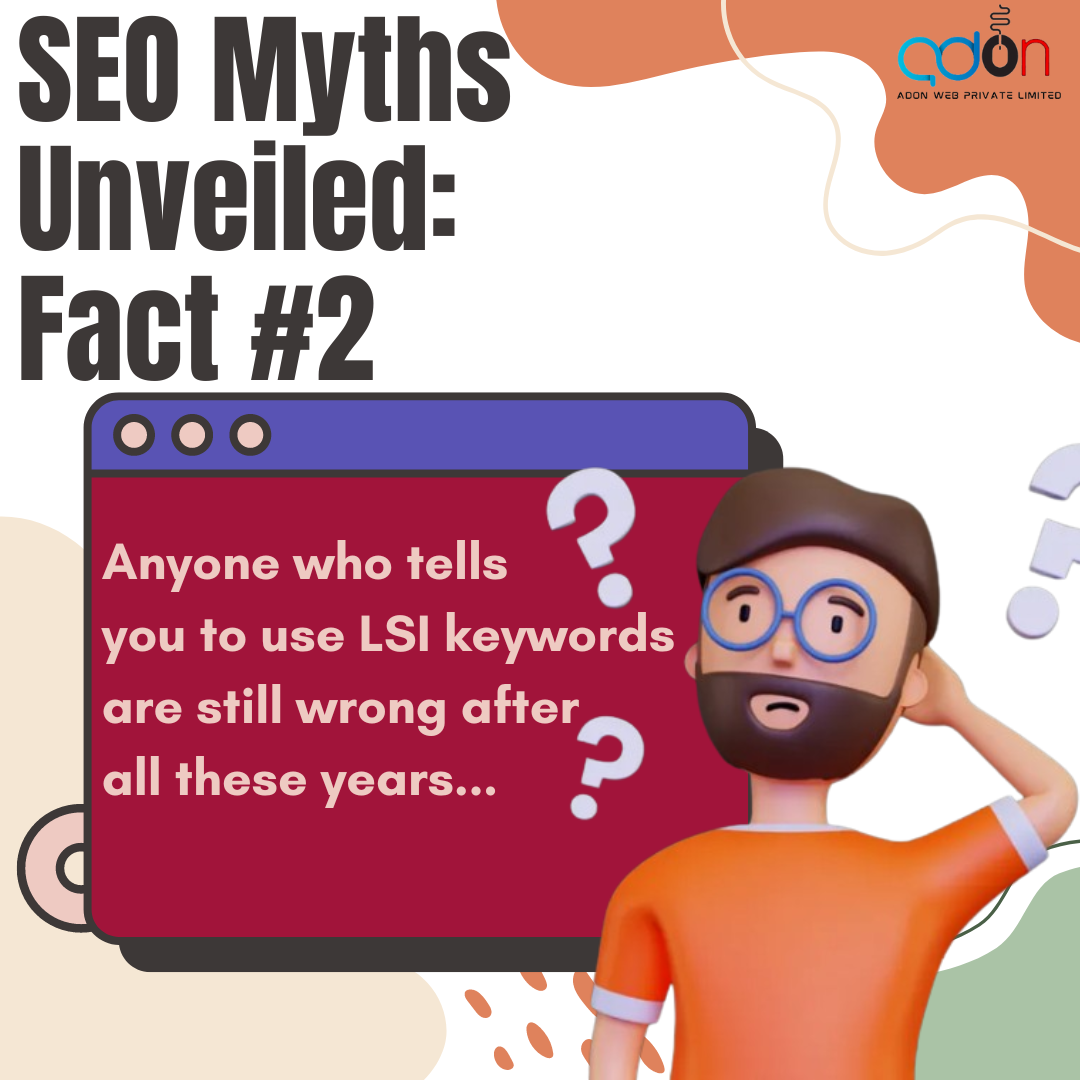
In the world of Search Engine Optimization (SEO), there’s a persistent myth that Google uses a technique called Latent Semantic Indexing (LSI) to understand and rank content. This has led to the popular but incorrect belief in “LSI keywords”—words or phrases that are relevant to your target keywords but aren’t direct synonyms. Despite widespread claims, LSI keywords don’t actually exist, and Google has confirmed that they don’t use LSI to rank content.
Thank you for reading this post, don't forget to subscribe!What is Latent Semantic Indexing (LSI)?
Latent Semantic Indexing is an old information retrieval method that analyses the relationships between words within a set of documents. LSI looks for patterns in the way words co-occur in content, allowing it to infer the underlying concepts. For example, if the words “credit score,” “accounts opened,” and “credit limit” frequently appear together in various documents, LSI might conclude that these terms are related.
Back in the early days of search engines, techniques like LSI were useful for improving search results. However, as technology has advanced, so have the methods for understanding content. Today, search engines like Google use far more sophisticated algorithms that go well beyond the capabilities of LSI.
The Origin of the LSI Keywords Myth
The idea of LSI keywords likely emerged from a misunderstanding of how search engines interpret content. Some SEO experts believed that by identifying and using words that were semantically related to their main keywords, they could improve their rankings. This led to the notion that these “LSI keywords” were crucial for SEO.
For example, if you were optimizing content around the keyword “credit score,” you might be told to include terms like “accounts opened” or “credit limit” as LSI keywords. These terms are indeed relevant to “credit score,” but they are not identified or ranked by Google using LSI. The confusion arises from conflating the concept of semantic relevance with the outdated method of LSI.
Google’s Real Approach to Understanding Content
Google’s algorithms are far more advanced than LSI and don’t rely on such outdated techniques. Instead, Google uses natural language processing (NLP), machine learning, and artificial intelligence to understand the context and meaning of content. These advanced technologies allow Google to comprehend the intent behind search queries and the relevance of content in a much more nuanced way.
Rather than focusing on supposed LSI keywords, Google’s algorithms look at the overall quality, relevance, and depth of your content. They analyze how well your content answers the user’s query and how it fits into the broader context of related topics. Google also considers user behavior signals, such as click-through rates and time spent on a page, to gauge how helpful your content is.
Why LSI Keywords Don’t Matter
Google has explicitly stated that they do not use LSI in their algorithms, and by extension, there’s no such thing as LSI keywords. Relying on this outdated concept can lead to ineffective SEO strategies. Instead of chasing after LSI keywords, focus on creating high-quality content that thoroughly addresses the needs and questions of your audience.

Here’s what you should do instead:
- Understand User Intent: Before creating content, consider what your audience is looking for and how you can best answer their queries.
- Use Natural Language: Write in a way that naturally incorporates relevant terms and phrases without forcing them in.
- Focus on Content Depth: Cover topics comprehensively, providing valuable information that fully addresses the subject.
- Optimize for Related Keywords: While LSI keywords don’t exist, related keywords and phrases that naturally fit the topic are important. Use tools like Google’s own keyword planner or other SEO tools to find related terms that your audience is searching for.
- Monitor and Adapt: Continuously track your content’s performance and make adjustments based on data and evolving search trends.
Conclusion
The myth of LSI keywords is a remnant of outdated SEO practices. While the idea of using semantically related terms to enhance your content’s relevance isn’t entirely wrong, the concept of LSI keywords as a specific strategy is misguided. Google’s algorithms are far more sophisticated and do not rely on LSI to rank content. Instead of chasing after mythical keywords, focus on creating quality content that addresses user intent, and you’ll be more likely to succeed in the ever-evolving landscape of SEO.
